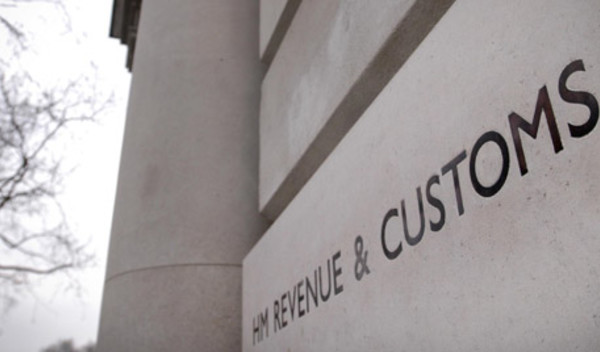

Tax evasion overseas has been further targeted by authorities as HM Revenue and Customs (HMRC) implements tougher penalties for those who hide assets and income abroad.
The maximum penalty for offshore evasion of income and capital gains tax has doubled to 200 per cent of the tax due, but can be avoided by providing HMRC with full details of any tax liabilities, including any income or gains from an offshore account or asset.
Penalties for failure to notify, inaccuracy on a tax return, and failure to file a return on time have also been strengthened by the new regulation.
The rate of the penalty is linked to how difficult it was for HMRC to get information from the foreign territory, and can be reduced depending on how much the individual helps the Revenue determine how much tax is due.
Mark Davies, managing director of London-based tax advisers Mark Davies and Associates, said, “It will be very helpful to HMRC, and it has invested in technology to make information connections. The downside is information overload – too much to sort through. But I suspect they might put more resources into compliance rather than helping people determine how much they should pay.
“It should make the tax system simpler. It’s hard enough to carry out the legislation let alone understand it all. It’s turning into more of a political thing. With less tax, there wouldn’t be as much incentive to avoid it.”
Policies on tax have come to public attention leading up to the election on 7 May. Labour said it would abolish the non-domicile (non-dom) tax status, the Liberal Democrats would increase charges to non-doms, and the Green Party would crack down on tax dodging.
Mr Davies said that he has already received enquiries from non-dom clients about leaving the UK if Labour is elected. He said of non-doms, “Only 44,000 claim the remittance, the rest pay tax just like everyone else. The average non-dom provides about £130,000 per year to the UK economy – that’s equivalent to about 25 regular UK taxpayers.”
While illegal tax evasion has been targeted by authorities, legitimate ways to mitigate UK tax, such as use of an Isa instead of a bank account, or a pension over a savings account remain unaffected.



